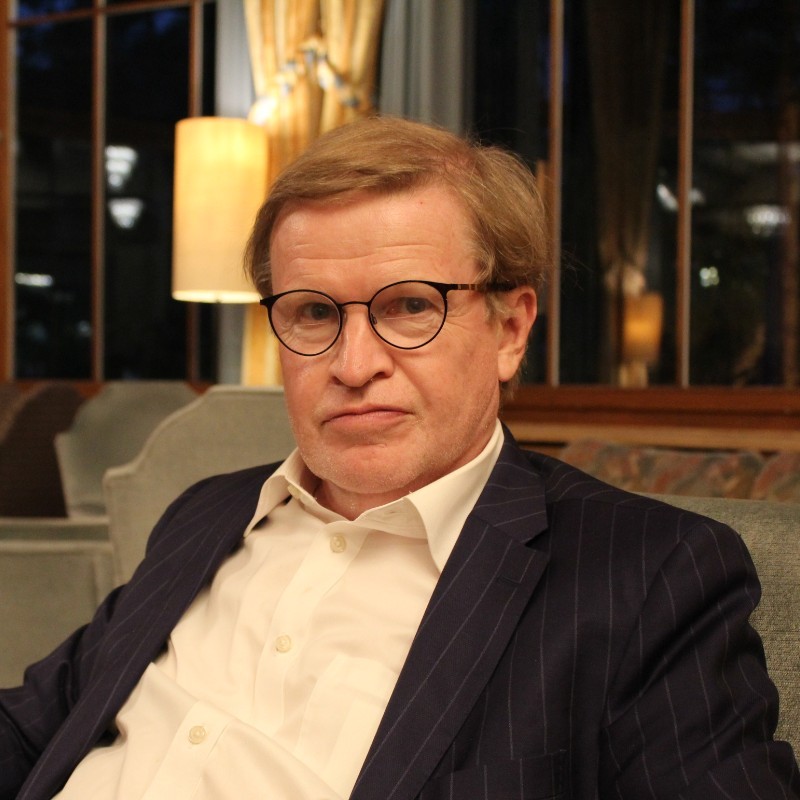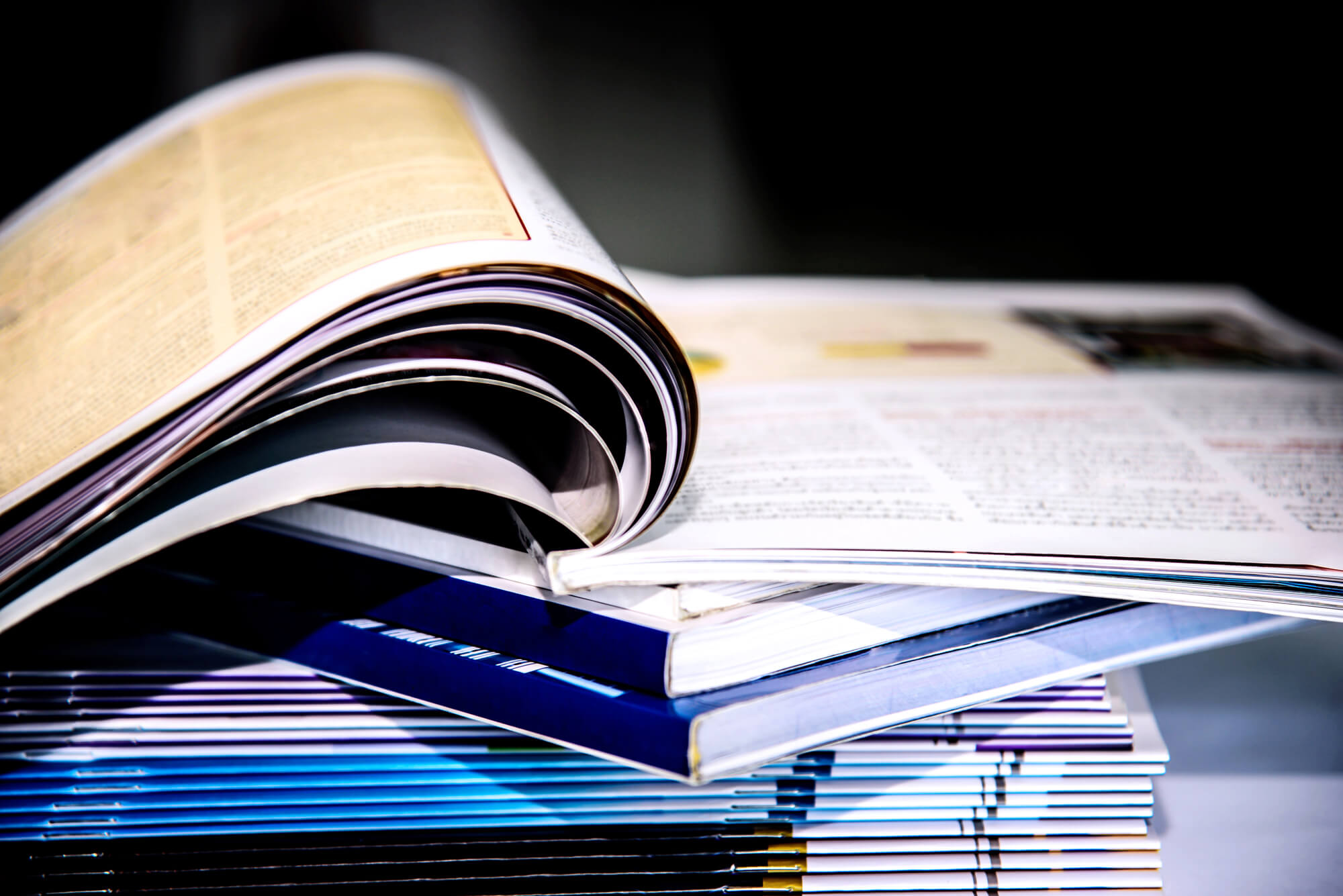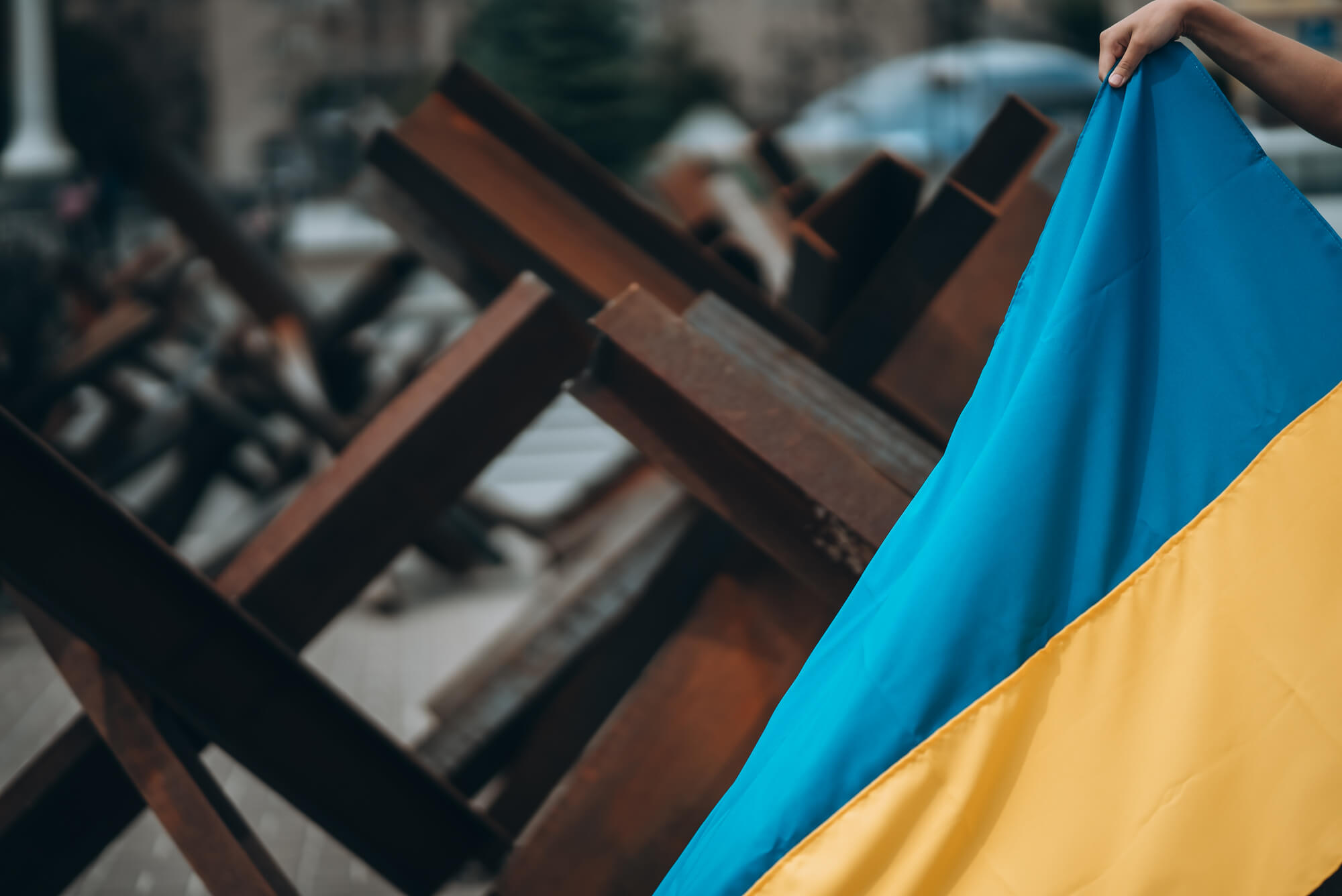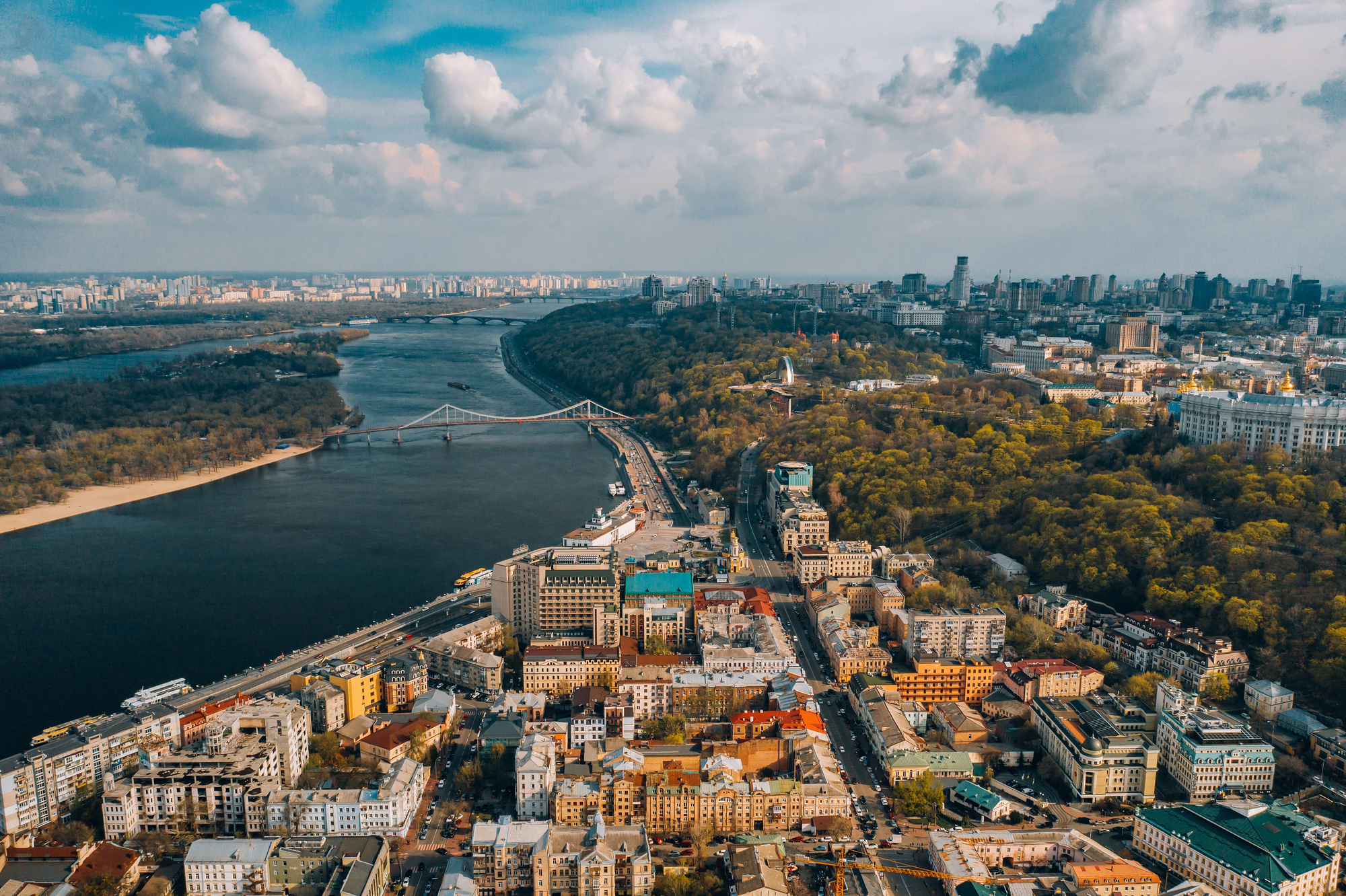The world has a stake in Ukraine’s defence of its sovereignty. The case for this proposition is compelling, but the argument may appear abstract, too abstract, and in consequence large numbers of people in many countries are unpersuaded. On 24 February 2022, the Russian Federation launched an all-out assault on the rules-based international order (which political scientists sometimes simply term RUBIO). The obvious victims of the act of aggression were the people of Ukraine; but the intended victims were the citizens of every state that depends on conventions, rules, and laws to manage the multi-fold connections with the rest of the world. In short, this was an attack on the whole world and its values.
The Russian attack was the outgrowth of a thinking in terms of a zero-sum game, in which every interaction involves a loser and a winner. That vision’s attraction had grown over the last 20 years, especially since the 2008 financial crisis focused attention on American weakness. Russia put itself at the spearhead of a current of thought that criticised the pretensions of US power. It offered a challenge, or a balancing, that some people in many countries all over the world – including in the US – found appealing.
Something of this zero-sum mood was always around in the chaos of the post-Soviet transition. The nationalist and communist leader Vladimir Zhirinovsky in the 1990s formulated his response to the hardship of the economic transition pithily, “Why should we impose suffering and hardship on ourselves? We should impose suffering and hardship on others.” That was exactly the course on which President Putin embarked from the very beginning of his political career when he consolidated his power with the ruthless prosecution of the Chechen war.
There are powerful arguments that are frequently raised against a policy of resistance to aggression and the violation of rules and norms of international conduct. They often amount to ‘whataboutism’: what about other breaches of norms? Putin likes to invoke NATO’s bombing 1999 of Belgrade, or the US-led coalition’s attack on Iraq in 2003. Others look at other parts of the world, noting that genocidal aggression is often left unpunished when the victims are not white Europeans.
One of the most prevalent arguments that follow the ‘what about’ logic is that earlier moments in which the international community could have asserted its collective belief in the rules-based international order were missed. Many people will think of 2014-15 and the brutal interventions of Putin to defend the Assad regime in Syria, which were also accompanied by massive human rights violations, but President Obama forgot about the ‘red lines’ he had set for Syria. Or should there not have been a more sustained response of Europe and the US to the beginning of the Ukraine war in 2014? Or to Russia’s 2008 war with Georgia, which many now see as a turning point in Russia’s relations with the international community, but when no one in Europe (except the Polish government) wanted to support Georgia.
There are of course good practical reasons why the rest of the world failed to respond adequately on these occasions: the absence of an effective sanctions regime, worries about collateral damage. In retrospect, it might have been better to prepare earlier – and to leave fewer western vulnerabilities.
Today, the situation is different in the sense that the world has already seen plenty of – too many – examples of how lives, communities, and solidarities have been destroyed. The act of Russian aggression in 2022 was staggering in its scope and ambition: the announced aim of the ‘special military operation’ was to end the existence of a country with a population of 44 million, on the grounds that Ukraine was a territory which had no right to exist or to self-determine its fate and its politics. As Vladimir Putin put it in the programmatic essay of 2021, “Russians, Ukrainians, and Belarusians are all descendants of Ancient Rus, which was the largest state in Europe,” and their identity was decided by the “spiritual choice made by St. Vladimir, who was both Prince of Novgorod and Grand Prince of Kiev.” A curious historical argument [although this argument is wrong – editor’s note] is thus used as a justification for conquest, imperialistic war, and the demonisation of the other side as Nazis.
The Russian side began its war with the claim that the Ukrainian government needed to be removed, and that idea was reasserted even more vigorously as Russia reformulated its strategy in the face of stalemate. There is at the same time a broader vision premised on the idea that Ukraine does not matter and that it is only a tiny pawn in a geopolitical game. In this reasoning, the war is not about any Russian ‘historical unity’, but rather about the complete destruction of the West and its security and economic institutions – NATO, the EU, and also the structure and institutions of Western democracy.
There may be a Russian calculation that rich industrial countries cannot bear the hardships brought by higher fuel and food prices and by reductions in effective incomes. The current equivalent is the calculation that worldwide hunger will trigger political unrest in countries dependent on food imports and other food vulnerable countries in the Middle East. The unrest, then, would provoke new conflicts, and a new wave of refugees. The disrupted lives of miserable and starving people would be used as a human weapon against the West to heighten disruption and conflict. That playbook was already used in Syria in 2015 to heighten strains and tensions in Europe. Food is as vital a weapon as energy.
Who will win from an ending of the war on Ukraine’s terms? Ukrainians, of course. But the conflict in Ukraine has also given other Europeans a powerful demonstration that Europe is about much more than just the charms, possibly dangerous, of increased economic connectivity. It is about the possibility of self-realisation, self-development – in short, freedom.
In order to make this case about the universality of Ukraine’s struggle, the world should also think about the way in which all post-conflict situations need to be addressed through reconstruction plans, and above all improved access to international markets and resources.
A profound rethinking about Europe and its meaning is underway. One of the most dramatic transitions has occurred in Germany. Soon after 24 February 2022, Chancellor Olaf Scholz proclaimed a new age, a Zeitenwende, in which Germany would be obliged to take a more resolute position in defence of both German and European security. Since then, the German path has been bumpy. There were hesitations and fears about sending more than the military helmets that the Germans rather feebly initially offered to Ukraine. There was an insistence that Europe and the US should move together. The tank deal was a massive change, with Germans overcoming a historically grounded fear of using force in international relations (with the Panzer, the tank, occupying a powerful symbolical role as the Nazi instrument of conquest), and a historical sense of guilt towards Russia (even though, as many Ukrainian historians have pointed out, a large part of the victims of Nazi aggression were Ukrainians).
There may be a similar galvanising effect on US politics, long demoralised by the cyber manipulations of Russian trolls aiming to escalate divisions, fanning radical White and Black nationalisms so as to destroy hopes of solidarity and civic community.
Paradoxically, the greatest winner of a Ukrainian victory would be Russia. There exists an old historical pattern that everyone in Russia (as well as in the West) knows well: in Russia’s past, defeat in war produced major upheavals and revolutions. The defeat in the Crimean war in the 19th century led to Alexander II’s wide-ranging reform legislation, including the end of serfdom. Defeat in the Japanese war of 1905 was followed by revolution and then parliamentarisation, the calling of the Duma. WWI destroyed first the tsarist monarchy, then the provisional government of Alexander Kerensky. The Afghan war was one of the precipitants of the disintegration of the Soviet Union, with mothers of dead soldiers playing a prominent role in protests against that war.
Germany might give a guide to how to think about defeat. The most important speech in the Federal Republic’s history was that given by President Richard von Weizsäcker, by coincidence the son of the most senior official in the German Foreign Office of the 1930s. On the 40th anniversary of the end of the European war, on 8 May 1985, von Weizsäcker explained that “For us Germans, May 8 is not a day of celebration. …. Some Germans felt bitterness about their shattered illusions, whilst others were grateful for the gift of a new start.”
Like Germany in the decades after WWI and the collapse of Imperial Germany, Russia after the collapse of the Soviet Union took a wrong turn. Instead of thinking about how a political order could be built on the basis of a vibrant civil society, it privileged a narrow political and business elite that would exercise internal control through political repression, bribery, and theft of state assets. Instead of building links with other societies, it sought to revenge a perceived wrong (the breakup of the Soviet Union) and to dominate others. Instead of reflecting on human potential, it dug out old historical myths. Instead of modernising and diversifying its economy, it relied on energy extraction and export, which it saw as a tool of leverage and control over its trade partners.
One day, a Russian president may make a speech that parallels von Weizsäcker’s 1985 declaration. When that Russia faces up to its mistakes and crimes, the world will know that the lesson that Ukraine is currently teaching Europeans, and others, has reached everyone. It is the lesson of freedom.
#helpUkraine_helptheWorld
This publication is a part of a collection of essays initiated by the National Bank of Ukraine. Famous economists, political scientists and historians, experts recognized in the world, volunteered to share their thoughts and arguments on why helping Ukraine is helping the world. The complete book of essays can be found via the link.
Attention
The author doesn`t work for, consult to, own shares in or receive funding from any company or organization that would benefit from this article, and have no relevant affiliations



